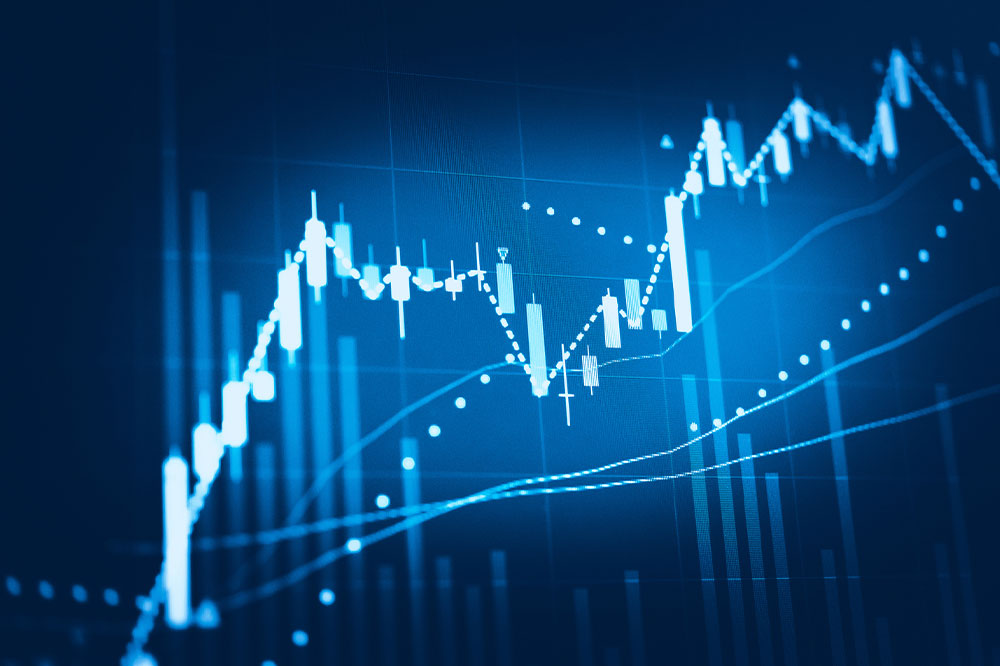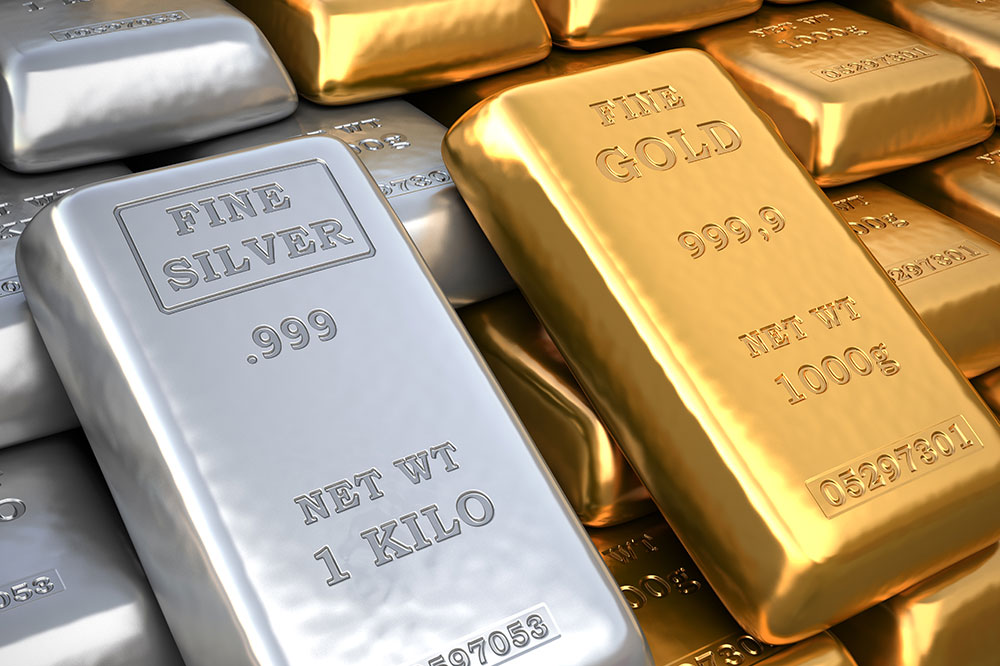Comprehensive Guide to Investing in Commodities
Discover the essentials of commodity investing, including key concepts, risks, and strategies for beginners and seasoned investors. Learn how to diversify your portfolio through futures, ETFs, and physical commodities like gold and grains. This guide provides practical tips and insights to navigate the volatile world of commodities for profitable returns.
Sponsored

Since their emergence as tradable assets, commodities have attracted numerous investors seeking profitable opportunities. They are now recognized as a viable investment class.
A commodity is a tangible good used in commerce that can be exchanged for another of the same kind. Investing typically involves futures contracts, which are legal agreements to buy or sell a specific commodity at a predetermined future date.
Is investing in commodities worthwhile?
Investors are increasingly recognizing the potential benefits of commodity trading, which has gained momentum. Several key commodities worldwide are providing impressive returns.
Exchange-traded funds (ETFs) have simplified commodity investing for the typical investor. Although commodities sometimes outperform equities, various considerations prompt some to be cautious about investing in this asset class.
Lack of interest or dividends
The commodity market operates mainly on supply and demand, and unlike stocks or bonds, commodities do not pay dividends or interest.
Price volatility is not guaranteed
Commodity trading is inherently speculative. Additionally, liquidity issues can pose challenges for investors seeking quick transactions.
Furthermore, transparency concerns can influence pricing and returns.
Not suitable as a hedge
While commodity futures can hedge against inflation, they are not ideal for hedging against broader market indices like the S&P 500 due to their speculative nature.
Additional costs
Physical commodities such as gold, metals, or agricultural products require safekeeping and insurance, adding to overall expenses.
Investment risks
All investments carry risks, and commodities are no exception. Prices fluctuate based on futures market dynamics, and higher risk can potentially lead to higher gains. Investors can diversify by purchasing physical goods, futures contracts, or exchange-traded products (ETPs) that cover a range of commodities over the long term.
Though considered riskier, fund managers suggest small allocations of earnings to commodities. Investing through professional fund managers can yield favorable returns over time, especially in gold, precious metals, and grains.
If new to commodity investing, start with a single commodity and adjust your portfolio gradually based on your comfort level and market insights.






